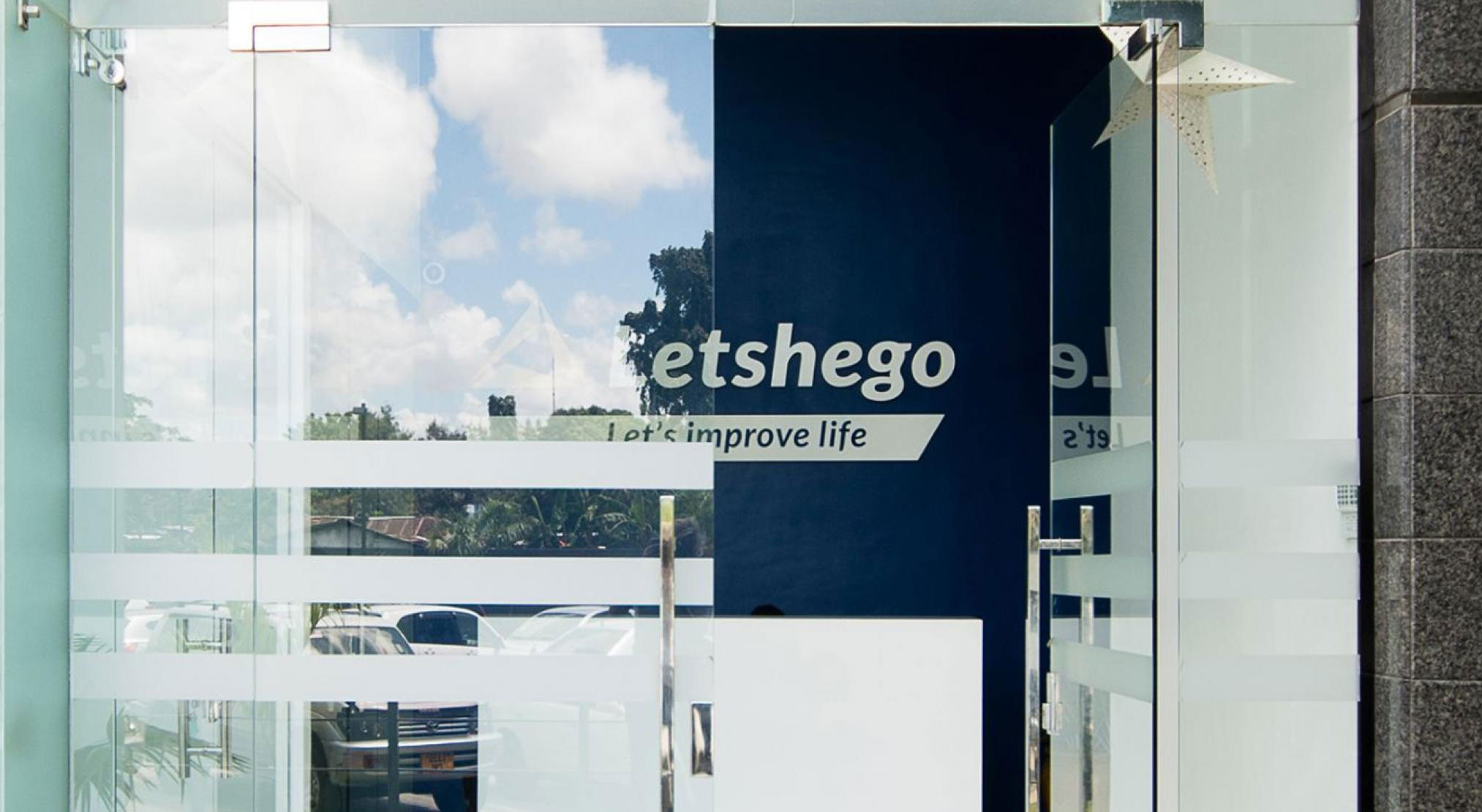Group achieved double digit growth in its Deduction at Source portfolio of 14%
GAZETTE REPORTER
Profit after tax at micro-finance firm Letshego Holdings Limited increased significantly by 16 percent (P98.7 million) from P630.8 million as at December 2020 to P729.5 million in the year that ended 31 December 2021, the company’s integrated released recently annual report shows.
This is the Group that also saw its non-performing loans ratio increasing marginally to 5.9 percent for the year (FY2020: 5.3 percent), an instance that Letshego Interim CEO, Aupa Monyatsi, said reiterates stability in the Letshego’s credit and risk management framework.
“Performance for the year was largely driven by 17 percent growth in net customer advances, totaling P11.9 billion,” says Monyatsi in the report. “Net Interest Income saw a gradual increase of 6 percent year-on-year, and non-funded income increased by 30 percent year-on-year, buoyed by momentum in new insurance offerings in select markets.
“In line with the Group’s commitment to spurring focused investment, the Group’s operating expenses grew 13 percent year-on-year. Investment is expected to increase further during the final phase of Plan 2, which runs out by the end of the 2022 financial year.”
Monyatsi stated that in the Group’s lending value stream, Letshego achieved double digit growth in its Deduction at Source portfolio of 14 percent (FY2021: P10.5 billion). “Profitability in Deduction at Source remains positive, buoyed by digital and system enhancements,” he noted.
“The year saw slower growth in Micro & Small Entrepreneur, with this portfolio increasing in value by 7 percent to P859 million (FY2020: P806 million). The Mass Mobile Loans portfolio enjoyed stronger performance, with growth more than doubling in value to P568 million (FY2020: P231 million).”
In the Group native country, Botswana, CEO Fergus Ferguson said COVID-19 continued to influence business in the year under review. “This is because movement restrictions during the year led to the acceleration and development of digital channels across financial and other sectors,” Ferguson noted.
“Increasing competition within Botswana’s non-bank lending sector favours Botswana’s consumers as this is leading to more competitive pricing as well as the need for service providers to continuously evolve and innovate customer value propositions.”
He noted that customer borrowing trends and behaviours changed significantly during the year under review, with a shift from consumption-led credit towards education, household improvement and debt consolidation purposes. “As such, Letshego is well aligned with our impact financing product pipeline,” Ferguson said.

